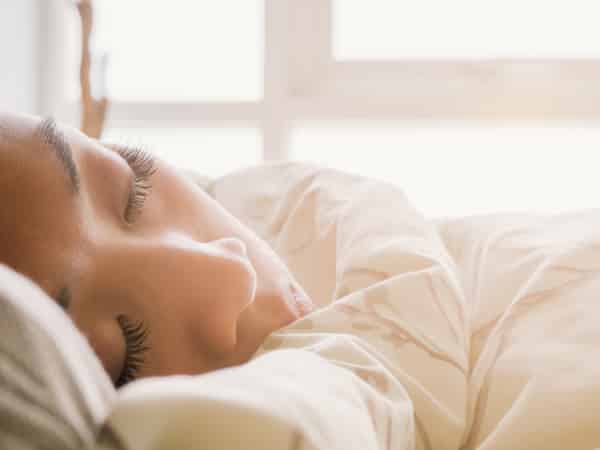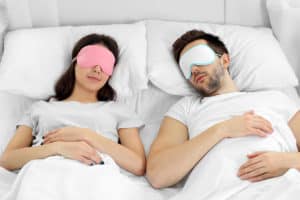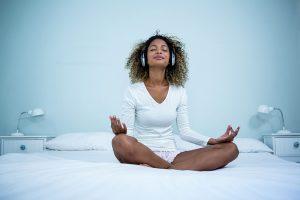Sleep hygiene and health are essential to getting your best night’s sleep. Want the inside scoop on all things sleep health? Read our articles below to better understand the basics of sleep hygiene, the impacts of light, how sleep environments impact your rest, and more!
What Exactly Is Sleep Hygiene?
The American Academy of Sleep Medicine describes sleep hygiene as “a series of healthy sleep habits that can improve your ability to fall asleep and stay asleep. These habits are a cornerstone of cognitive-behavioral therapy, the most effective long-term treatment for people with chronic insomnia. ”
Translation: It’s what someone should and shouldn’t do to make sure they get adequate sleep, and sustain enough energy throughout the day.
Sounds sensible, right? The recommended practices can vary from person to person, depending on things like work schedule, how much sleep a person typically needs each night, and whether or not the individual suffers from a sleep disorder like sleep apnea. Plus, new research continually introduces ideas to promote better sleep.
7 Tips for Better Sleep Hygiene
Read on to see seven sleep hygiene tips we can all try to follow!
1. Turn your bedroom into a sleep haven.
There are lots of changes that people can do to their bedroom to help promote a good night’s sleep.
Here are a few examples:
- Set the room at the ideal temperature. The experts at the Cleveland Clinic recommend setting your bedroom temperature to stay somewhere between 60 and 67 degrees Fahrenheit.
- Keep the room dark and quiet. Consider using blackout curtains or an eye mask if needed. Also use white noise to drown out any distracting sounds.
- Use the bed for its intended use. Ideally, beds are meant for two purposes: sex and sleep. If people start answering work emails while in bed, they may begin mentally associating their bedroom (and rest) with stress, a counterproductive outcome when trying to create a peaceful sleep environment.
Read more on how to create the ideal sleep environment.
2. Create a consistent bedtime.
Those able to stick to a nighttime routine will find their bodies naturally learn when it’s time for bed. People should find a bedtime routine that works them and then go to bed — and wake up — at the same time every day.
Learn more about the best time to go to bed.
3. Avoid consuming too much caffeine or alcohol.
Everyone processes caffeine differently, but experts recommend avoiding caffeine during the late afternoon and evening (assuming one works a 9-5 rather than the night shift, that is). Consuming caffeine too late in the day can make it difficult for a person to fall asleep at night. While it’s hard for many to eliminate coffee altogether, try cutting off the caffeine intake after 2 pm.
Similar to coffee, you should also be cautious with your alcohol consumption.
Alcohol operates as a depressant that can help people fall asleep faster, which some may have already discovered if they’ve ever had a few too many cocktails or glasses of wine. It is not, however, helping your actual sleep quality – in fact, experts say it could be harming it.
Drinking too much creates circadian rhythm disturbances, which means you could wake up in the middle of the night. It’s also a diuretic, leaving you running for the bathroom overnight. Additionally, excessive alcohol intake can interfere with REM sleep, an important phase of sleep associated with learning and memory consolidation.
4. Don’t watch TV, read, or work in bed.
Doing this trains the brain to associate being in bed with being awake and focused. Again, one wants to ideally use the bed only for sleep and sex.
Research suggests that turning off (or at least putting away the phone) and limiting TV screen time before bed can actually improve one’s sleep quality. That’s because studies have linked the blue and white light emitted by many electronics to the brain’s inability to release melatonin, a hormone that tells the body when it’s time to sleep.
This exposure to light during nighttime hours messes with our internal circadian rhythms, which tells us when it’s daylight (telling our bodies it’s time to be awake) and when it’s night (telling our bodies it’s time to rest).
Learn More: Best Mattresses for Murphy Beds
5. Keep the naps short.
According to the Mayo Clinic, people should aim to keep their naps to 10-20 minutes. “The longer you nap, the more likely you are to feel groggy afterward.” However, they explain that young adults might be able to tolerate longer naps.
6. Exercise a few hours before going to bed.
There are many reasons why exercising is good for our overall health, including our sleep health. In addition to helping people lose and maintain their weight, experts say physical activity is key to getting good quality sleep. Choosing to hit the gym a few hours before falling asleep may also positively impact one’s sleep health.
“The reason we want to [work out] three to four hours prior to going to sleep is because when we exercise we have an increase in our core body temperature. And after about three to four hours that increase in our core body temperature starts to drop.” Dr. Robert Oexman, Director of the Sleep to Live Institute in Joplin, Missouri, told Newsweek. “That’s one of our natural cues to fall asleep—a decrease in our core body temperature.”
7. Start meditating.
Meditation is a well-known type of mindfulness practice that is known to effectively help people fall asleep – and it has the research to back it up.
In one 2015 study from the Netherlands, participants were introduced to four different mindfulness practices: a three-minute “mindful breathing” exercise, a “loving kindness” meditation, a “body scan” exercise, and “mindfully focusing” on an everyday task. They were then instructed to engage in a mindfulness practice twice a day for two weeks. Afterwards, those who did engage in the mindfulness practice reported not only better sleep quality, but a longer duration of sleep.
[Editor’s Note: The information provided should not be considered a substitute for professional advice. Please consult a sleep doctor or other medical expert if personal health questions come up.]
More Sleep Hygiene Resources
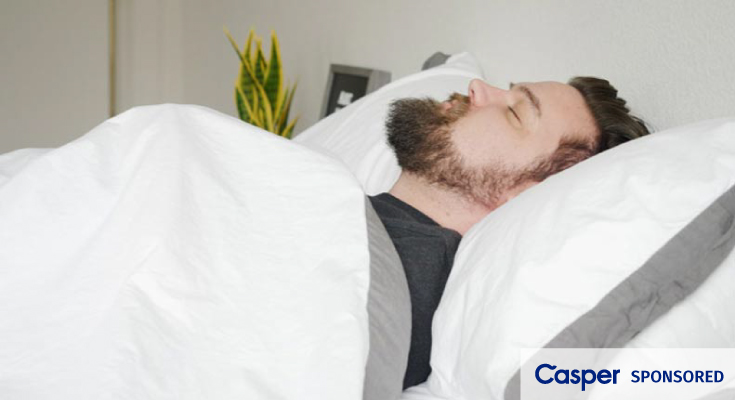
Are Naps Good For You?
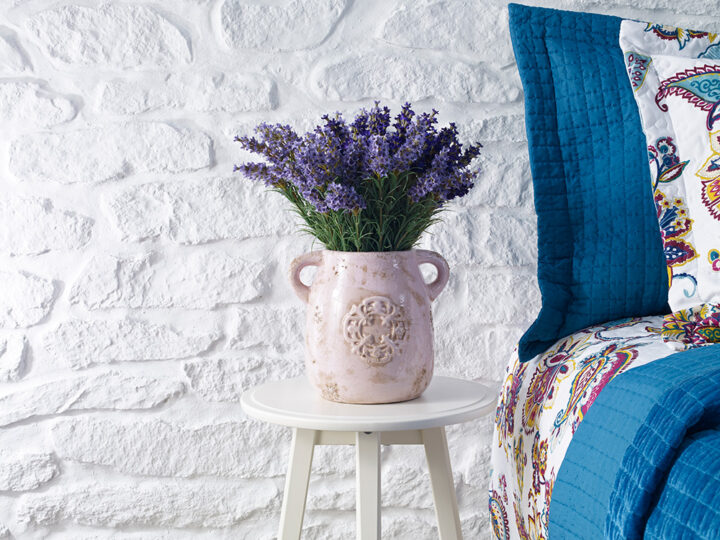
10 Best Plants for Your Bedroom
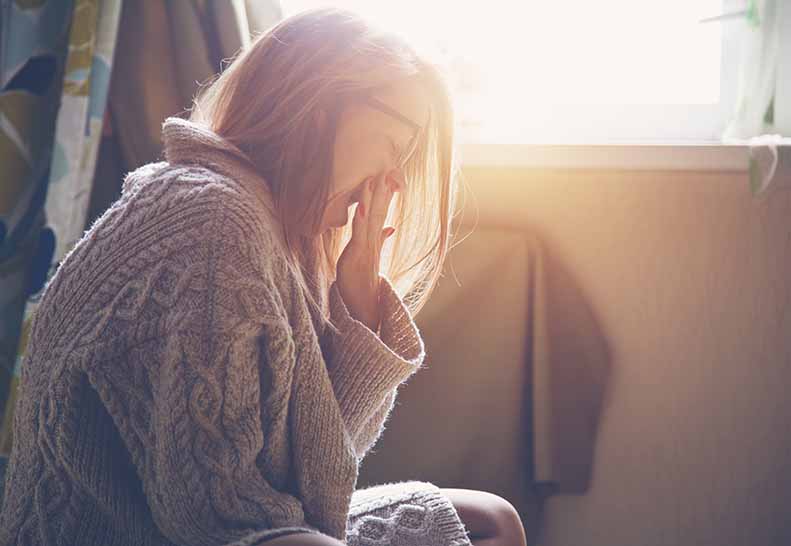
How Much Sleep Do I Need?
